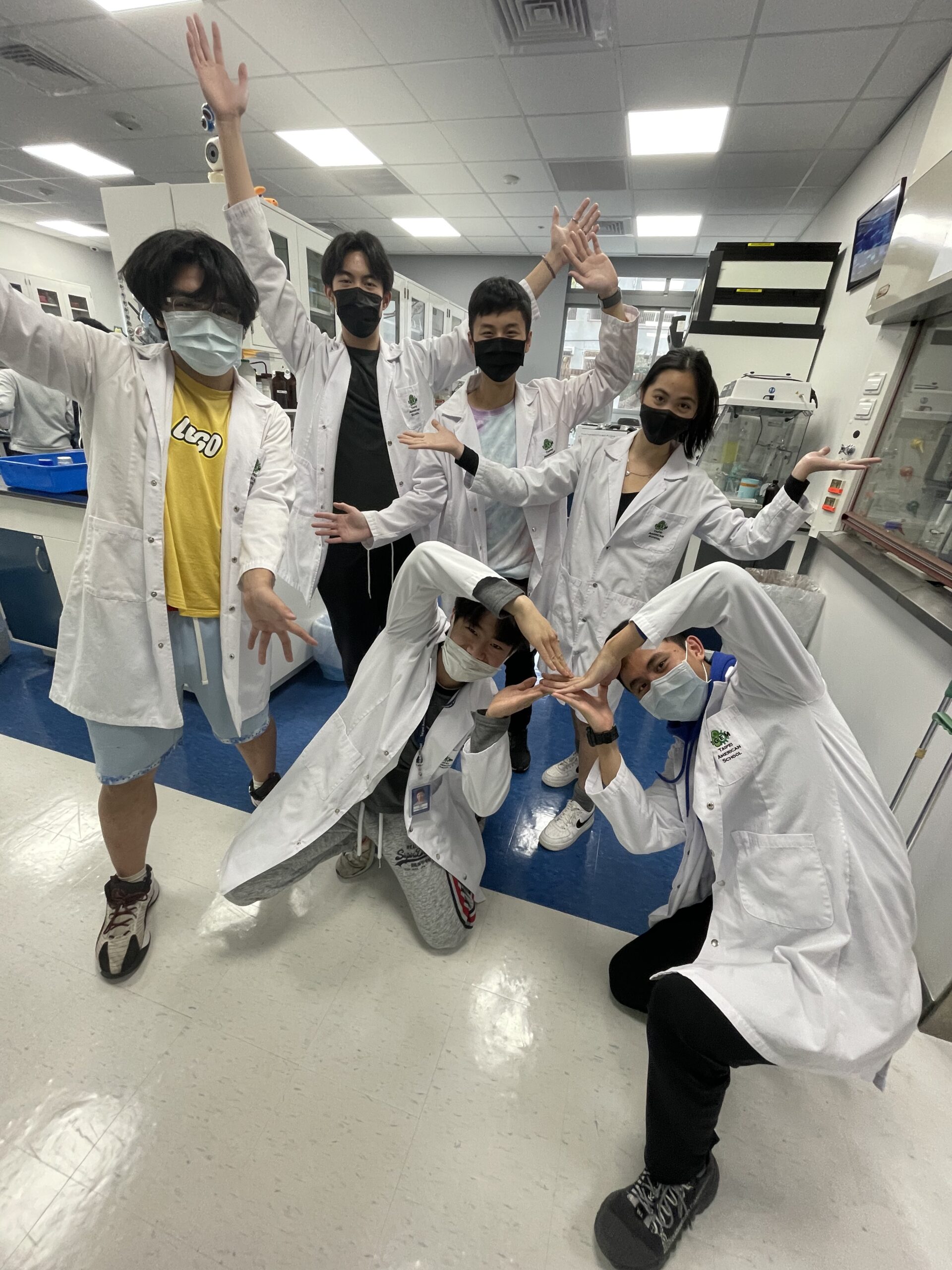Coral reefs support biodiverse ecosystems and provide crucial coastline protection for millions of people. Yet reefs are degrading rapidly due to rising ocean temperatures and acidification, triggering endosymbiotic algae (Symbiodinium sp.) overproduction of reactive oxygen species (ROS) and subsequent expulsion from the coral host. This phenomenon, known as coral bleaching, decreases coral survivability due to their reliance on endosymbiotic algae as a photosynthetic food source. Our project aims to develop a comprehensive approach for increasing coral resistance against heat and oxidation stress factors. Our proposal includes amplifying antioxidant-producing genes, transforming genes which code for heat-shock proteins (HSP22E) and the enzyme Carbonic Anhydrase into two different organisms: the cyanobacterium Synechococcus leopoliensis and the agrobacterium Agrobacterium tumefaciens. The cyanobacteria will regulate heat and oxidative stress externally while agrobacterium transfers stress-reducing genes into existing endosymbionts. To test the stress resistance of our algae, we will measure H2O2 concentrations to quantify antioxidant production, run thermal stress experiments to evaluate HSP competency, and monitor pH levels to analyze the efficacy of de-acidification enzymes. Using our algal model and delivery mechanisms, we will aim to improve coral stress resistance. We envision introducing our modified corals into ocean ecosystems to remediate the environment.

Reef-vive: A comprehensive approach towards increasing coral survivability
School
Taipei American School
Taipei, Taiwan
BioBuilderClub Season
2021-2022 Season
Category
Resources